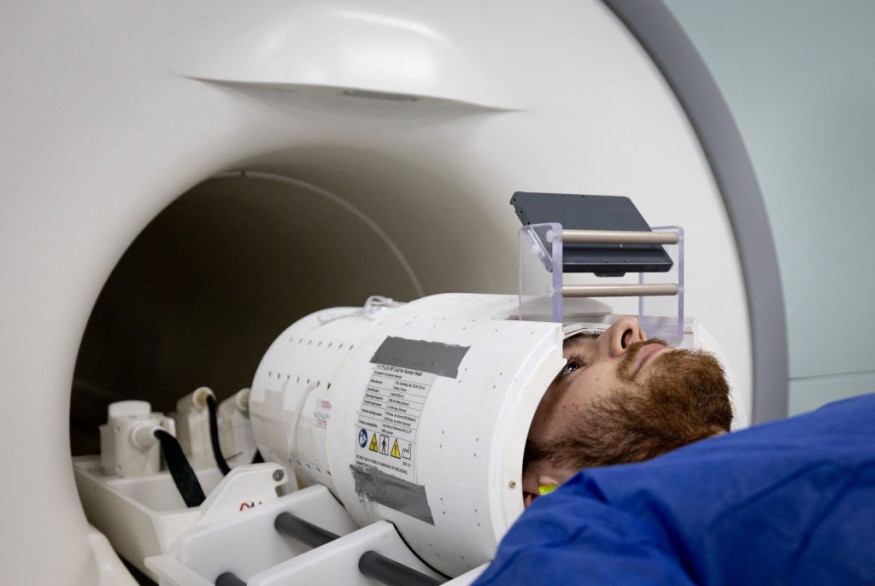
A groundbreaking development in medical imaging has emerged from a team of researchers at UC San Francisco.
Researchers have created a machine learning model that enhances the quality of standard 3T MRI images to make them look like higher-resolution 7T MRI images.
New AI Model Enhances MRI Clarity
This innovation has the potential to greatly improve how doctors identify and diagnose brain abnormalities, which can be challenging to see with traditional MRI systems.
Magnetic Resonance Imaging (MRI) is a crucial tool in medicine that helps doctors look inside the body without performing surgery. It is especially important for viewing the brain.
In the United States, many MRI exams use either 1.5T or 3T machines, while only about 100 7T MRI machines are currently in use worldwide.
The new machine learning model developed by the UC San Francisco team could change this by allowing doctors to get clearer images without needing the expensive 7T equipment, according to Neuro Science News.
The researchers discovered that the synthetic 7T images created by their model revealed important details, such as white matter lesions and subcortical microbleeds. These are tiny but significant changes in the brain that can indicate problems like traumatic brain injury (TBI) and multiple sclerosis (MS).
TBI can occur from a blow to the head, while MS is a disease that affects the brain and spinal cord. Improving the ability to see these changes could help doctors diagnose these conditions more accurately.
Enhancing Brain Imaging
Senior study author Dr. Reza Abbasi-Asl, an Assistant Professor of Neurology at UCSF, emphasized the importance of this research.
He stated, "This study presents a novel machine-learning model designed to generate high-quality MRIs from images of lower quality. This AI system enhances the visualization and identification of brain abnormalities seen in MRIs related to Traumatic Brain Injury."
This means that even with regular MRI machines, doctors could get clearer pictures of what is happening inside a patient's brain.
The researchers gathered data from patients diagnosed with mild TBI. They developed three different neural network models, which are systems that learn from data to improve their performance.
The models focused on enhancing images and creating 3D images that better illustrate brain conditions. They specifically used data from synthetic 7T MRIs to train their models.
The newly generated images provided clearer insights into the brain's pathological tissue, which is the damaged or diseased tissue that doctors need to examine closely. However, while this technology shows great promise, it is important to proceed with caution.
The researchers pointed out that before this new model can be widely used in hospitals and clinics, it needs to undergo further validation. This means that they must conduct more tests to ensure that the model's findings are accurate and reliable.
Upcoming efforts should focus on thorough clinical evaluations, which involve comparing the images produced by the model with actual patient outcomes.
© 2025 ScienceTimes.com All rights reserved. Do not reproduce without permission. The window to the world of Science Times.











